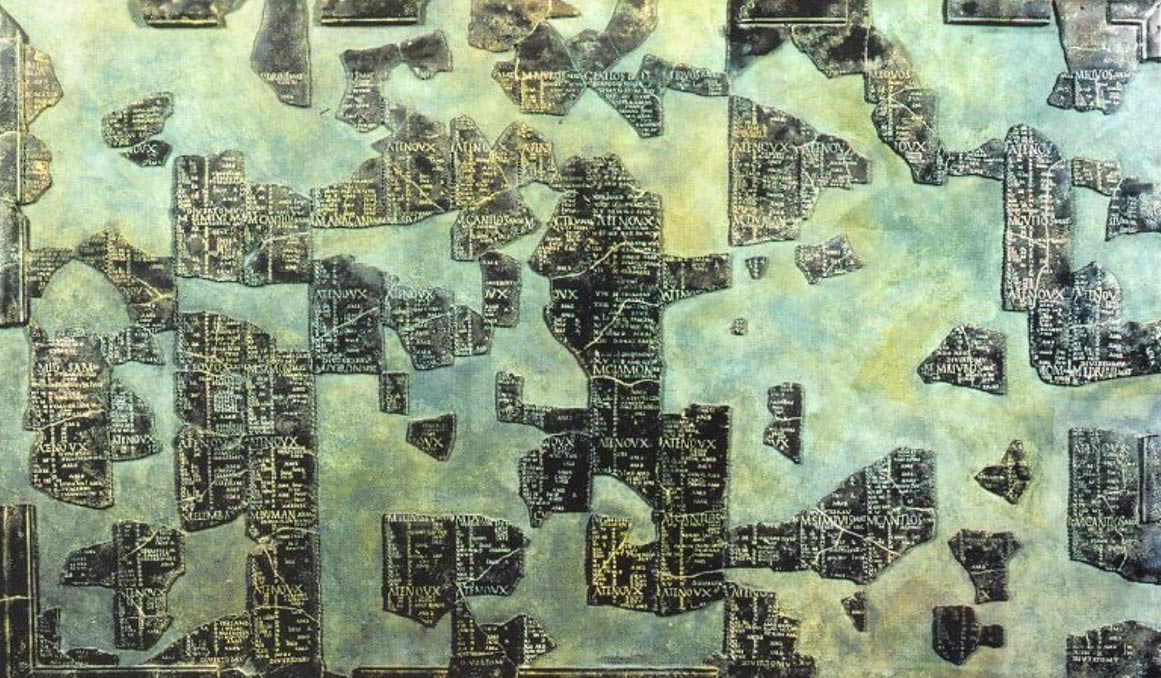Calendar should revolve around Nature, so thirteen months makes sense. I wonder if the duration of the day should be something else than currently. At the very least, the beginning of the day should be at sunrise, not arbitrarily in the middle of the night.
Very interesting takes.
Thirteen months would result in each month being 28 even days, with every year ending on Sunday and beginning on Monday.
As for when the day starts, it already does start based on a natural occurrence.
The day begins when the Sun officially starts "moving towards you" and not away from you, relatively to your position. Midday being when the Sun is at its highest point, and midnight when the Sun is directly opposite, at the lowest point. This has been first done en masse in Rome, under Julius Caesar. He picked this time for a new day to officially start because tracking the sunrise wouldn't be that consistent. Whether the Sun is peaking can be easily seen with sundials, and whether the Sun is peaking in the opposite side of the planet can be tracked with water clocks, practices they praise the Egyptians for creating. Astrological workings still considered the day to start at sunrise, but maneuvering all material life around sunrise basically does not work.
24 hours for the day is fine in my opinion. Anything can be used here, but 24 hours has great history.
The Egyptians, cca 1600BCE, designed the 24 hour system. They divided both the day and the night into 12 segments, because they were already using a base-12 system to count. I have a lot to say on the base 12 system. It is spiritually divine in many ways, and it is a very convenient way to count, as 12 is highly divisible. It divides evenly by 2, 3, 4 and 6, which is a lot better than any other system.
Obviously, there was the issue of hours not being consistent. As there was no accurate way to track minutes or beyond (and frankly no need), the system was far more lax and the duration of an hour varied wildly across the year.
The 60 minutes per hour system became mainstream in Europe in the Middle Ages because of "Islamic influence". I say this with quotation marks, because the Islamic mathematicians and astrologers who were using the 60 minute hour had gained this knowledge from Babylonian astrology.
Babylonian used a base-60 system for its mathematicians and astrologers, and the average person likely just used a watered down version of that. A base-60 system helps a lot with advanced calculations. As a math nerd, I tested both these systems and found them very intuitive.
The current system of days, hours and minutes is an amalgamation of all that knowledge, that works fairly well.
Years are, in my opinion, the most debatable and interesting topic.



